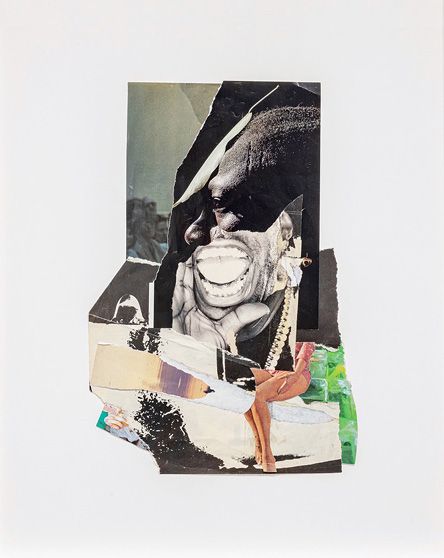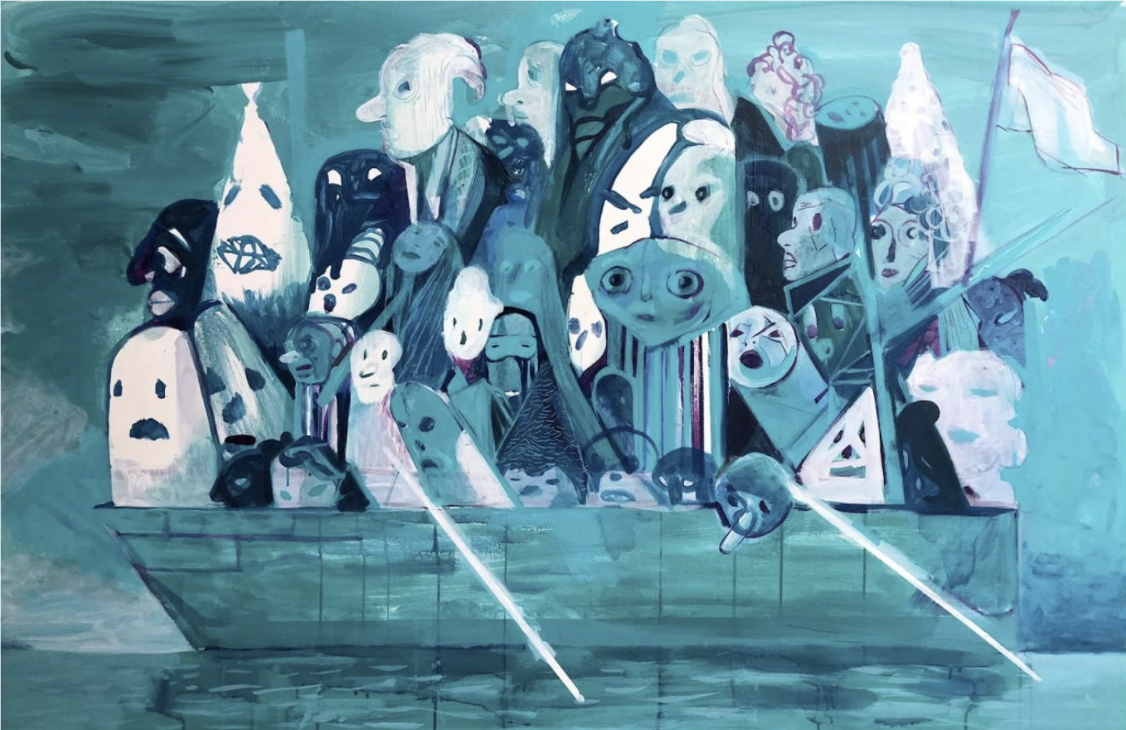SOCI 441/B (Fall 2025): MATERIAL CULTURE
- Teacher: PENELOPE PASDERMAJIAN
SOCI 441/B (Fall 2025): MATERIAL CULTURE
SOCI 453/A (Winter 2025): MEDIA SOCIO & JOURNALISM
SOCI 453/A (Fall 2025) — MEDIA SOCIOLOGY & JOURNALISM
This course invites students to participate in developing a media sociology that situates journalism in broad social‑historical contexts. In addition to an introduction to media sociologies, the course explores current changes in journalism practices and the impact of digital culture on information, news and public life.
SOCI 460/A (Winter 2025): SOCIOLOGY OF FEAR AND RISK
SOCI 464/A (Winter 2025): ADV STUDIES IN LAW & SOCIETY
SOCI 474/AA (Summer 2025): THE BODY SOCIAL
SOCI 474/AA (Fall 2025): THE BODY SOCIAL


SOCI 484/A (Winter, 2022): SURVEILLANCE STUDIES

SOCI 498/B (Winter 2025): ADV TOPICS IN SOCI & ANTH
SOCI 498/D (Fall 2025): ADV TOPICS IN SOCI & ANTH
SOCI 498/G (Fall 2025): ADV TOPICS IN SOCI & ANTH
SOCI 602/A (Winter 2025): ISSUES/CLASSICAL SOCI THEORY
SOCI 603/A (Fall 2025): ISSUES/CONTEMPOR SOCI THEORY
SOCI 612/A (Fall 2025): QUANT. RES. DESIGN & METHODS
SOCI 613/A (Winter 2025): QUAL. RES. DESIGN & METHODS
SOCI 644/A (Fall, 2020): SOCIOLOGY OF THE BODY
SOCI 660/A (Fall/Winter 2024-25): PROF DEVELOPMENT SEMINAR
SOCI 660/A (Fall/Winter 2025-26): PROF DEVELOPMENT SEMINAR
STAT 287/GA (Winter 2025): STATISTICS LAB I
The objective of this lab is to help prepare for Preliminary Actuarial Exam P (Probability) of the Society of Actuaries and the identical Exam 1 of the Casualty Actuarial Society.
This lab first develops knowledge of the fundamental probability tools for quantitatively assessing risk. The application of these tools to problems encountered in actuarial science is then emphasized through problem-solving sessions.
More advanced probability and supporting calculus techniques in actuarial science are also studied in this lab.
WSDB 310/A (Fall 2025): FEMINISM COMEDY & SOCIAL CHANG
WSDB 385/A (Winter 2025): INTRO TO TRANS STUDIES:
The first part of the course reviews the emergence of Trans Studies: what came before it and what distinguished it from other forms of knowledge about trans people. Also reviewed is Trans Studies’ theoretical and methodological heritage, including the ways in which Feminism and Queer Theory have shaped the field’s interests. The second part of the course evaluates Trans Studies in action by looking at selected aspects of some trans people’s lives: their history, community building, access to health care and social services, criminalization, and self‑narration. 3 credits.
Course pre-requisite(s): WSDB 290, WSDB 291, WSDB 292. Students must complete 15 credits prior to enrolling. If prerequisites are not satisfied, permission of the Institute is required.